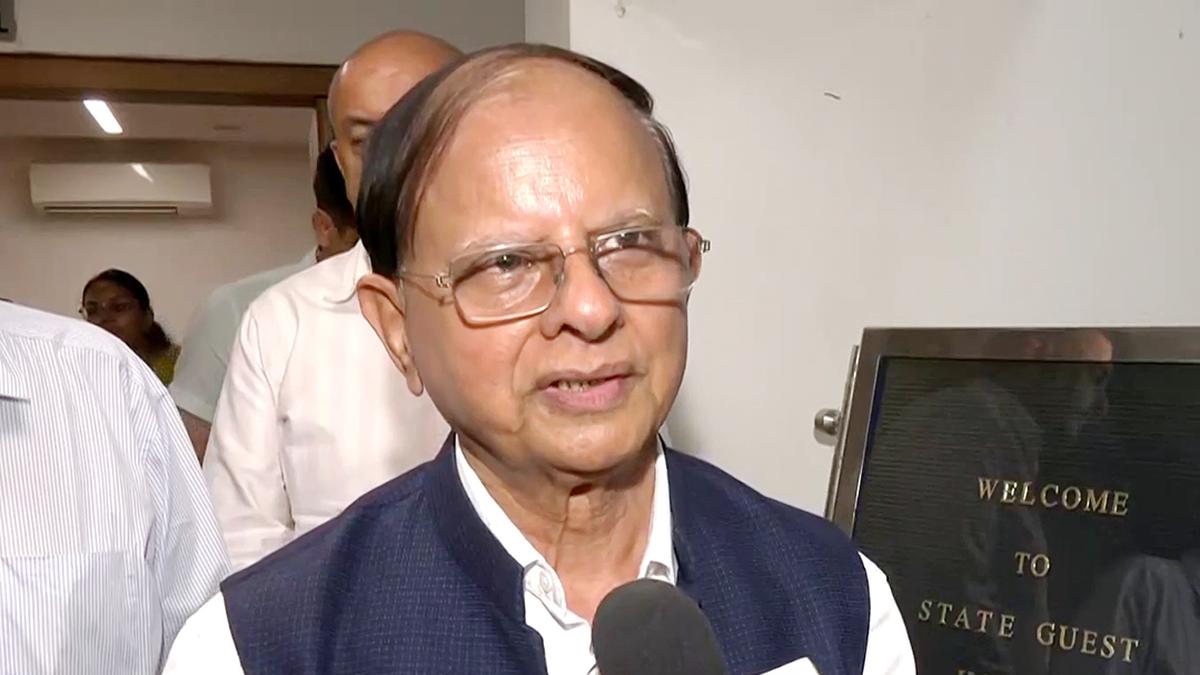Home / Disasters and Accidents / India's Early Warning Systems Hailed as Strategic Investments in Resilience at G20
India's Early Warning Systems Hailed as Strategic Investments in Resilience at G20
13 Oct
Summary
- India's multi-agency early warning system has issued over 109 billion alerts
- India urges G20 to strengthen regional platforms, data sharing, and capacity building
- India's disaster risk financing strategy aligns with G20 principles, decentralizes funding

At the ongoing G20 ministerial meeting in Durban, India's Principal Secretary to the Prime Minister, P.K. Mishra, has emphasized that the country's early warning systems are not "technological luxuries but strategic investments in resilience". In a session on disaster risk reduction (DRR), Mishra outlined India's multi-agency architecture that integrates meteorological, hydrological, seismic, and oceanographic institutions through a Common Alert Protocol-compliant Integrated Alert System. This system has already issued over 109 billion alerts.
Mishra urged the G20 to strengthen interoperable regional platforms, shared data protocols, and joint capacity-building initiatives under the global 'Early Warnings for All' framework. He stated that India views early warning as a global public good, aiming to make it inclusive, multilingual, and anticipatory.
In another event on 'Financing DRR', Mishra detailed India's five-pillar financing strategy, which is aligned with the G20 voluntary high-level principles. He described India's constitutionally anchored model under the Finance Commission, which has ensured multi-year rules-based DRR allocations, decentralized funding to the states and local bodies, and evidence-based prioritization through a national Disaster Risk Index.




